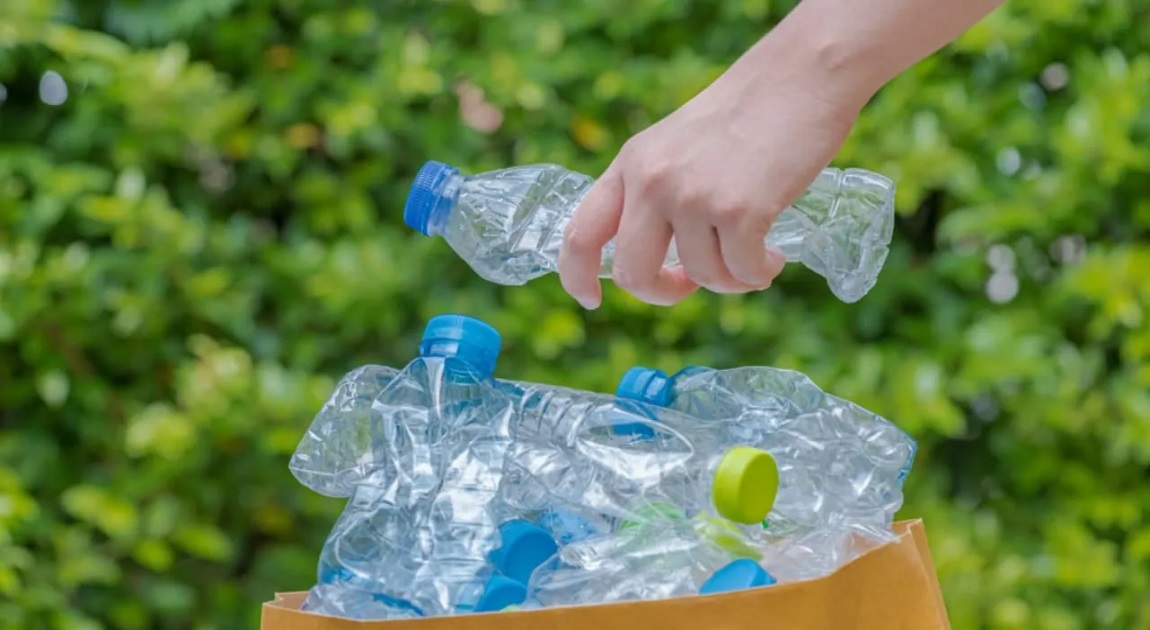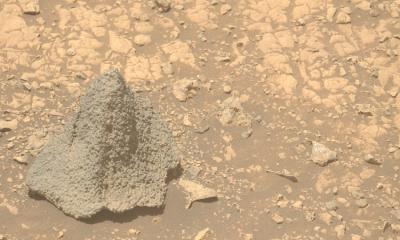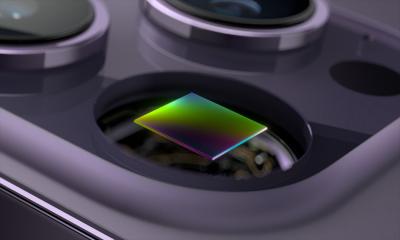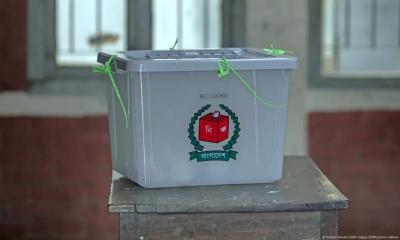In a groundbreaking development at the intersection of synthetic biology and environmental science, researchers at the University of Edinburgh have successfully engineered bacteria to convert plastic waste into paracetamol, a widely used pain reliever.
The study, published Monday in the prestigious journal Nature, offers a promising step toward sustainable medicine production and plastic recycling.
According to lead researcher Stephen Wallace, the process utilizes Escherichia coli (E. coli) bacteria to perform a complex chemical reaction — the Lossen rearrangement — that previously could only be conducted using traditional chemistry in laboratory test tubes.
Remarkably, the bacteria required no new capabilities; they simply needed to be “guided” using synthetic biology tools to activate their natural, internal chemical machinery.
“The interesting thing is that we didn’t have to teach the bacteria how to do the reaction,” Wallace said. “The trick was realizing they already had the tools and just had to be guided.”
The team started with PET plastic, commonly used in beverage bottles. This plastic is broken down into a basic chemical building block, which is then converted inside the bacterial cell into an intermediate molecule.
Using phosphate compounds that naturally exist within the cells, the bacteria activate a reaction sequence that ultimately produces paracetamol.
The transformation is not only innovative but also green: the process occurs at room temperature, produces no carbon emissions, and uses no fossil fuel derivatives.
This is a stark contrast to the traditional manufacturing of paracetamol, which typically begins with petroleum-based chemicals.
“It’s fascinating that very few people know that the paracetamol they take begins its life as petroleum,” Wallace noted. “What excites me most is that we’ve demonstrated a new, greener way to manufacture this global medicine.”
The implications of this research extend far beyond paracetamol. Wallace believes many other bacteria could be harnessed in similar ways, turning waste into valuable materials through microbial fermentation.
“Waste is just carbon, and microbes love carbon,” he added. “Instead of releasing waste into the atmosphere through incineration or landfilling it, we can put it to work.”
While the team has so far only produced small quantities of paracetamol, the next challenge will be to scale up production.
Wallace emphasized that any drug intended for medical use would still require extensive safety and regulatory testing, including human trials, before it could be commercially distributed.
Nonetheless, the study marks a major leap forward in biological manufacturing and sustainable pharmaceuticals, setting the stage for future research into microbe-powered medicine production and eco-friendly waste management. a





































